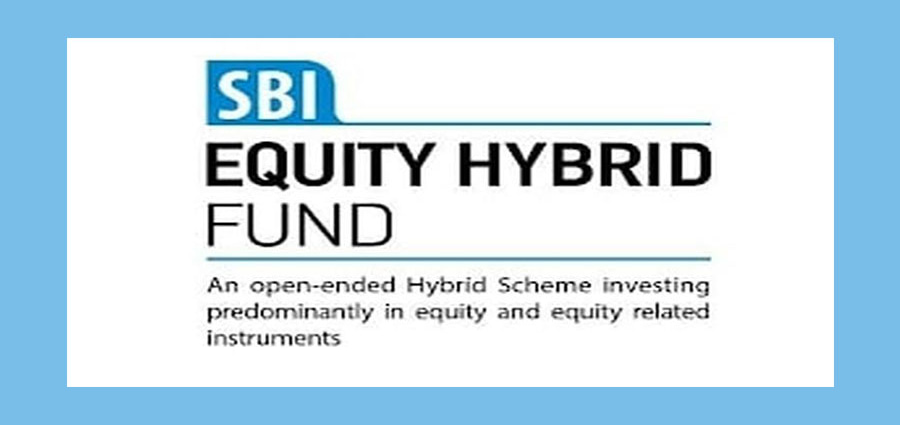All you need to know about SBI Equity Hybrid Fund Regular Growth
SBI Hybrid equity Fund launched by SBI Mutual Funds on 31 December 1995, aims to provide investors with an opportunity for long-term capital appreciation with the liquidity of an open-ended scheme. This is done by investing in a mix of debt and equity. It invests around 65% in equity and other equity-related instruments. The SBI equity fund invests in a diversified portfolio of stocks of high growth companies. It balances the risk by investing the rest in fixed-income securities. The funds will allocate assets in the range of 20-35% towards debt and money market instruments anytime. It is suggested that the investment horizon of investing in the Equity Hybrid scheme of SBI should be greater than 3 years. This ensures that the minimum time required for holding investments in the fund reduces its downside risk. This also ensures that the returns become more predictable.
The equity hybrid fund by SBI ensures regular growth is 15.61% since inception. The return since inception is 15.92%. It has achieved a benchmark against CRISIL Hybrid 35+65 Aggressive Index. The return of SBI equity hybrid fund regular growth in 1 year is 20.36%.
The assets allocated comprise around 72% in equities, 20% in debts and 7% in cash and other cash equivalents. The fund follows a Growth-oriented style of investing. They invest across market capitalisations which comprise around 83.2% in huge cap companies, 15.83% in mid-sized cap companies and 0.96% in small-cap companies. The portfolio allocation of debt securities generally has two kinds of risks. The first one is interest rate risk and the other is credit risk. The interest rate movements are driven by the duration of funds. The credit quality of debt securities is totally based on the weighted average credit ratings of a fund. Funds with high credit quality hold the weighted average credit rating of AA- and higher-rated securities, funds with medium credit quality have securities having credit ratings lying between A- to BBB-. Whereas funds with low credit quality will hold securities with an average credit rating of less than BBB-. Credit rating is a qualitative tool that assesses the creditworthiness and financial soundness of a company. It considers several factors including the default rate and solvency of the concerned business entity. In the case of taxes implication, hybrid funds which invest 65% or more in equity & equity-related instruments are taxed like Equity funds. Whereas the hybrid funds which invest less than 65% in equity & equity-related instruments are taxed like Debt funds.
If you know about which fund is one of the best performing fund. Do read this topic- SBI Blue Chip Fund
From Hemant K Midha

